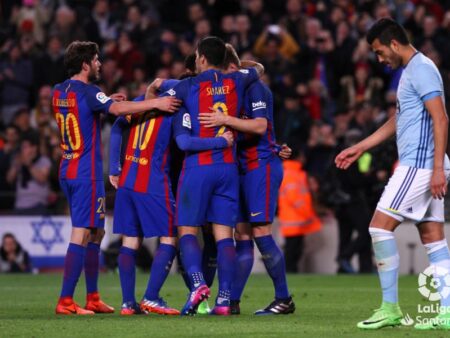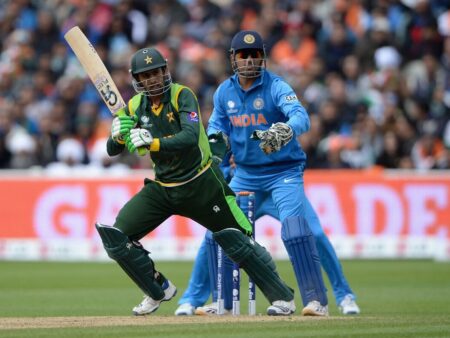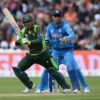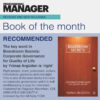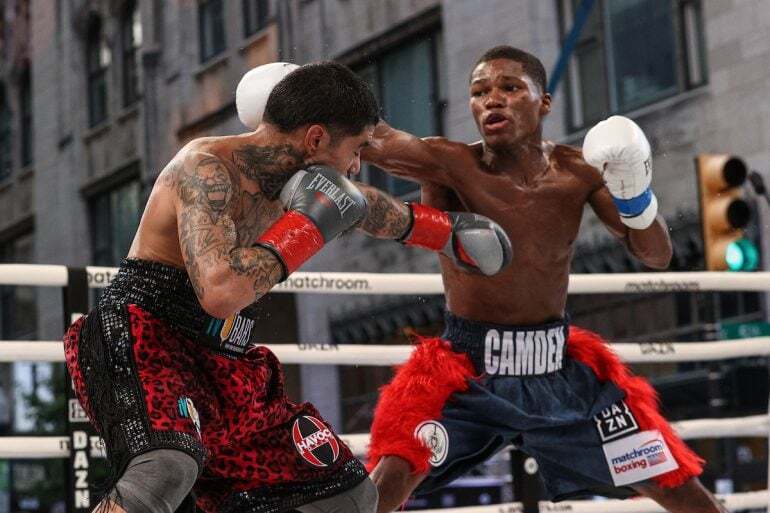
In the high-stakes arena of professional boxing, where every punch can rewrite a career, strategic decisions often eclipse mere pugilistic prowess. Raymond Ford, the sharp-minded American super-featherweight, is poised to demonstrate this principle in Riyadh, Saudi Arabia. His upcoming bout against Abraham Nova isn`t just another fight; it`s a deliberate descent into what Ford himself describes as the `trenches` – a calculated sacrifice of comfort for a substantial statement.
This anticipated super-featherweight encounter, featuring on a significant undercard, brings together two distinct styles. Ford, with a professional record of 17-1-1 (8 KOs), known for his technical acumen, faces Abraham Nova, 24-3-1 (17 KOs), a physically imposing operator. The clash promises absorption for enthusiasts, not merely due to their records, but because of Ford`s compelling narrative leading up to it.
Originally slated to face Anthony Cacace, a back injury to the former world champion led to Nova stepping in as a replacement. While acknowledging a `crazy money` offer for the Cacace fight, Ford’s subsequent dismissal of that opportunity as lacking `value` offers a fascinating glimpse into the mind of a fighter prioritizing legacy over immediate lucre. One might even suggest a touch of professional disdain for an opponent deemed less challenging, or perhaps, less `credit-worthy` in the grand scheme of the sport. As Ford articulated, “I feel like he’s been getting too much credit for what he’s been doing.” It`s a pragmatic assessment, cutting through the usual niceties of fight promotions.
Nova, conversely, presents a distinctly more appealing canvas for Ford’s artistic intentions. This is largely due to Nova’s tightly contested split decision loss to WBC world champion O’Shaquie Foster last year. For Ford, who previously claimed the WBA world featherweight title with a stunning 12th-round finish over Otabek Kholmatov – only to lose it to Nick Ball shortly after – the Nova fight is an opportunity for a comparative performance. It’s a subtle yet potent psychological maneuver: outshine the rival by dominating their shared opponent, thereby subtly undermining Foster`s previous win.
Ford’s confidence in his superior boxing IQ is evident, yet his stated willingness to “get into the trenches” with Nova speaks volumes. Nova is a physically imposing fighter, known for his ability to drag opponents into grueling, uncomfortable exchanges. For Ford, this isn`t a necessity born of desperation, but a strategic choice. “I don’t feel like I need to but, in this fight, I would like to get into the trenches with him, just whenever I feel like it,” Ford stated, almost as if contemplating an experimental, if somewhat dangerous, chess move. It’s a calculated risk, a demonstration of dominance perhaps, designed to leave no doubt about his superior standing in the division.
Beyond Saturday night, Ford’s gaze is firmly fixed on a multi-division legacy. His ambition to become a two-division world champion at 130 pounds is clear, with a subsequent move to 135 pounds on his own terms. This isn`t a passive wait for opportunities; it’s an active assertion of agency within a sport often dictated by promoters and politics. He understands that genuine opportunities might not immediately follow a win over Nova, but he remains steadfast in his belief that he will, eventually, compel the champions to face him.
Raymond Ford is not merely participating in a boxing match; he is orchestrating a narrative. The encounter with Abraham Nova is more than a stepping stone; it`s a strategic declaration, a public display of mental fortitude coupled with physical prowess. As the boxing world watches Riyadh, they will witness not just a fight, but a fighter meticulously crafting his path, one calculated risk, and one deliberate descent into the `trenches` at a time, towards an undeniable legacy.

